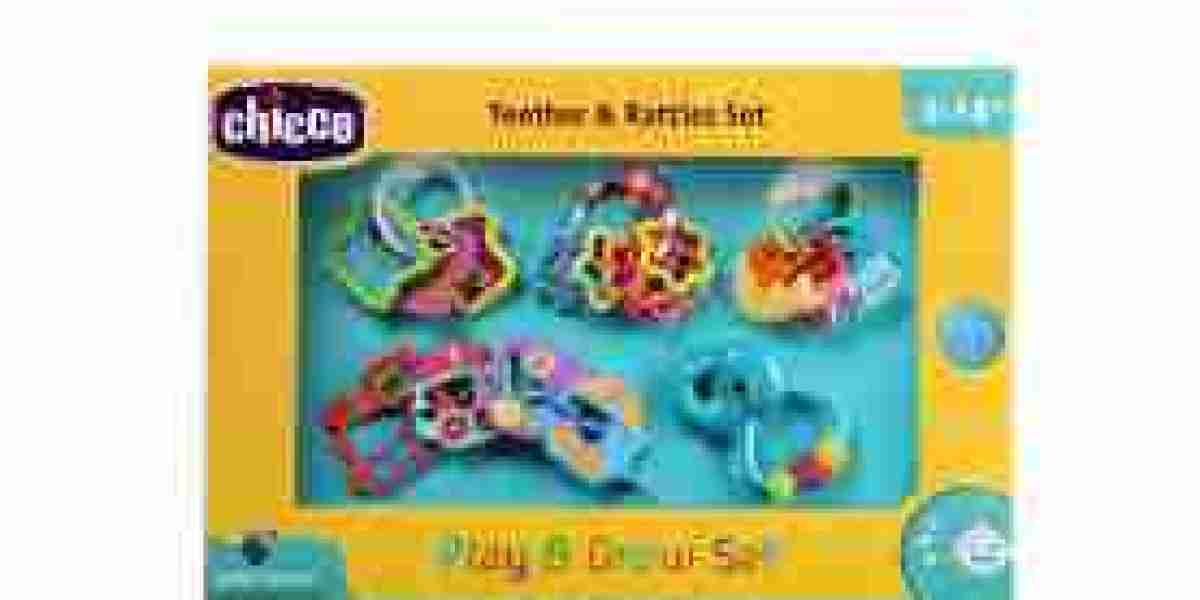Toddlers are at a crucial stage of development, where they are eager to explore their surroundings, engage in imaginative play, and develop fundamental skills that will serve them for a lifetime. One of the most beneficial and versatile toys for toddlers is building blocks. These simple yet impactful toys offer countless opportunities for learning and growth, making them essential for any toddler's toy collection. This article will explore the benefits of building blocks, how they contribute to a toddler’s development, and tips for choosing the right sets.
The Benefits of Building Blocks
1. Enhancing Cognitive Skills
Building blocks are a fantastic way to stimulate cognitive development in toddlers. As children manipulate blocks, they engage in problem-solving and critical thinking.
Spatial Awareness: When toddlers stack and arrange blocks, they begin to understand concepts of space, size, and shape. They learn to visualize how different pieces can fit together, which enhances their spatial reasoning skills.
Counting and Math Skills: Counting blocks while stacking or sorting them introduces basic math concepts. Toddlers can also learn about patterns, sequences, and even basic geometry as they explore different configurations.
2. Fostering Creativity and Imagination
Building blocks are an open-ended toy that encourages toddlers to unleash their creativity.
Imaginative Play: With blocks, toddlers can create anything from castles to bridges or even animals. This imaginative play fosters storytelling and enhances their ability to think abstractly.
Artistic Expression: As they build, toddlers can express their ideas and emotions, leading to a sense of accomplishment when they create something unique.
3. Developing Fine Motor Skills
Manipulating building blocks helps improve fine motor skills, which are crucial for everyday tasks.
Hand-Eye Coordination: Stacking, balancing, and aligning blocks require precise movements that enhance coordination. This skill is essential for activities like writing, using utensils, and buttoning clothing.
Grip Strength: Holding and moving blocks helps toddlers develop the muscles in their hands and fingers, preparing them for future tasks requiring dexterity.
4. Encouraging Social Skills
Playing with building blocks can also facilitate social interaction and cooperation among toddlers.
Collaborative Play: When toddlers build together, they learn to share, negotiate, and communicate their ideas. This collaborative play is vital for developing social skills and building friendships.
Conflict Resolution: As toddlers work together, they may encounter disagreements on how to build or what to create. Navigating these conflicts helps them develop problem-solving skills and emotional intelligence.
5. Promoting Persistence and Resilience
Building blocks can also teach valuable life lessons about persistence and resilience.
Trial and Error: When a tower collapses or a structure doesn’t hold, toddlers learn that it’s okay to fail and try again. This process fosters resilience and a growth mindset, encouraging them to keep trying until they succeed.
Celebrating Achievements: Completing a building project gives toddlers a sense of accomplishment, boosting their self-esteem and encouraging them to take on new challenges.
Choosing the Right Building Blocks
When selecting building blocks for toddlers, consider the following factors:
1. Safety
Material: Opt for blocks made from non-toxic materials that are safe for young children. Wooden blocks are often a great choice, but ensure they are sanded smooth to prevent splinters.
Size: Choose blocks that are large enough to prevent choking hazards. Avoid sets with small parts that could pose a risk to toddlers.
2. Variety
Different Shapes and Sizes: Look for sets that include various shapes and sizes. This variety allows toddlers to explore different building techniques and enhance their creativity.
Colors: Brightly colored blocks can stimulate visual learning and attract toddlers' attention, making playtime more engaging.
3. Compatibility
Interlocking Blocks: Consider sets that feature interlocking blocks, like LEGO Duplo or Mega Bloks. These blocks are easy to connect and create stable structures, encouraging more elaborate builds.
Compatibility with Other Toys: Some building block sets can be combined with other toys, enhancing playtime versatility. For instance, blocks that fit into a playset can create a more comprehensive play environment.
Conclusion
Building blocks are essential toys for toddlers that provide endless opportunities for learning and growth. They enhance cognitive skills, foster creativity, develop fine motor skills, and encourage social interaction. By selecting safe and versatile building block sets, parents can create a rich play environment that supports their toddler's development in multiple domains. With the right building blocks, toddlers can embark on a journey of exploration, imagination, and skill-building that will benefit them for years to come.






